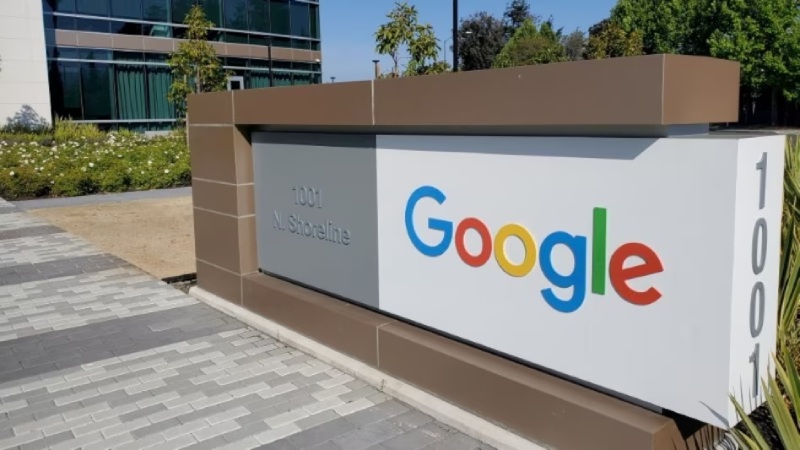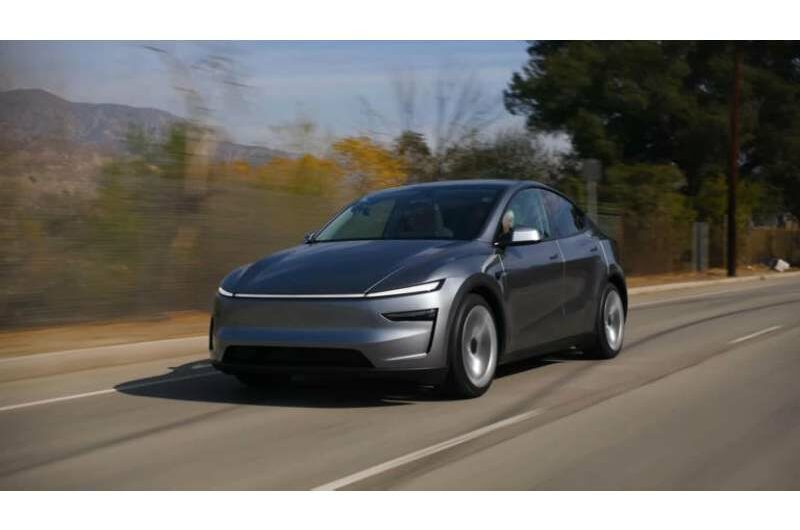When searching for “Paris to Prague” on Ecosia, flight booking sites dominate the results, but CEO Christian Kroll envisions a different future. He hopes to prioritize train options, which he believes align better with environmental values. However, because Ecosia licenses search results from Google and Microsoft’s Bing, the company has limited control over the listings. Kroll is now taking steps to change that.
Paris-based Qwant has teamed up with Berlin-based Ecosia, a search engine that distributes its income to tree planting, to create an independent web index. Their joint venture, European Search Perspective (EUSP), aims to reduce reliance on tech giants while delivering search results better suited to their missions and European preferences. “We could rank ethical and sustainable businesses higher and de-emphasize less responsible ones,” Kroll explains.
Though this shift may slightly impact Microsoft and Google’s licensing revenue, the collaboration signifies an ambitious move to challenge the dominance of major search engines, which control 95% of the global market outside China. In the age of TikTok and ChatGPT reshaping user behavior, smaller, innovative competitors like Ecosia and Qwant could push industry leaders to make regional improvements.
EUSP’s ownership will be equally divided, with Ecosia contributing funding and data while Qwant provides technical expertise. Infrastructure support will come from OVHcloud, which also co-owns Qwant. Together, the companies plan to begin testing their revamped search results in France in 2024 and expand to Germany by late 2025.
Creating a competitive web index is no small feat, as Google has refined its technology over decades. Still, Kroll believes advances in tech and new EU regulations targeting monopolistic practices have made the venture worthwhile. Rising costs for licensing Bing’s results further emphasize the need for alternatives.
Ecosia and Qwant hope to emulate the success of South Korea’s Naver, which dominates its local market by addressing specific user needs. Similarly, they aim to offer tailored search experiences for Europe and potentially underserved regions like Ethiopia, where existing engines have often failed to provide relevant results.
With an environmentally conscious focus and localized expertise, Ecosia and Qwant are confident that EUSP could pave the way for a new era in European search.
Topics #Bing #collaboration #Ecosia #Europe #Germany #Google #Microsoft #Microsoft Bing #news #partnership #Qwant #Search Engine











